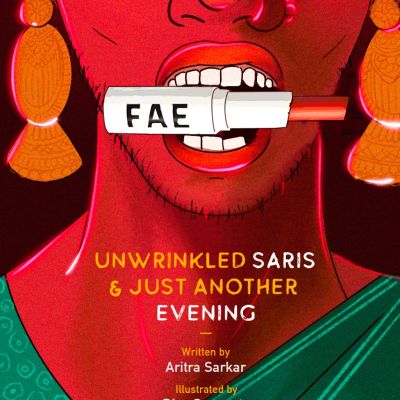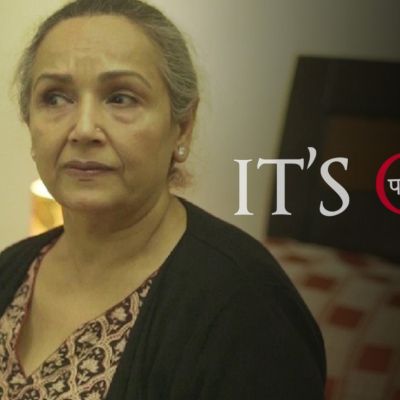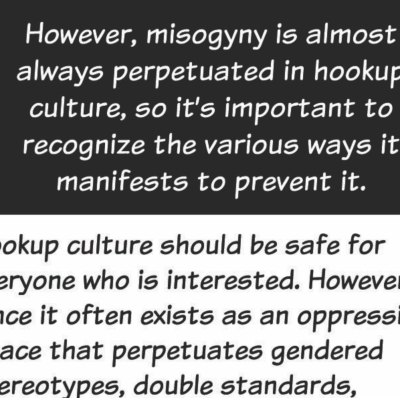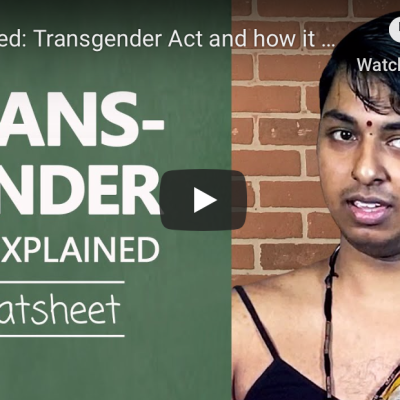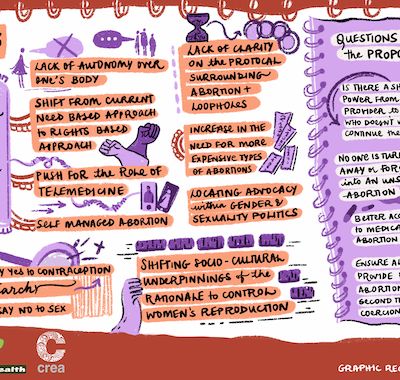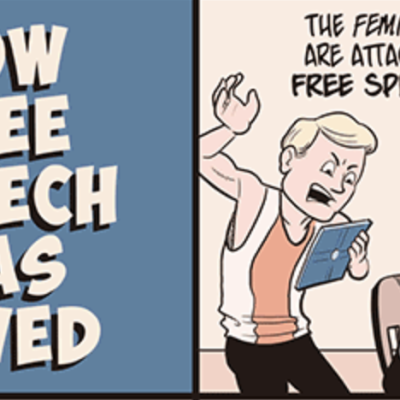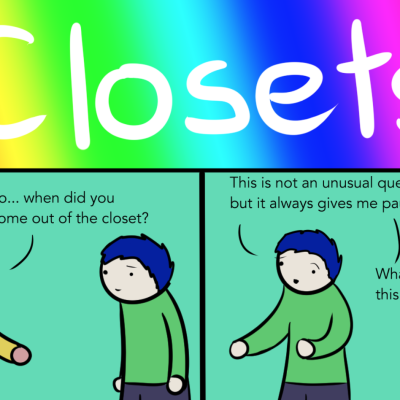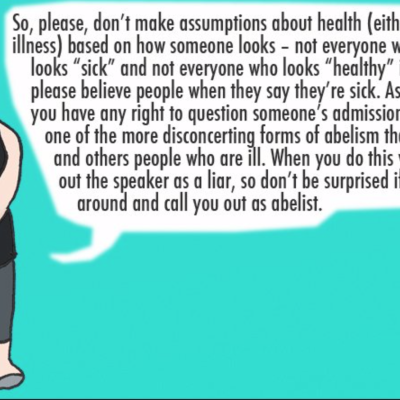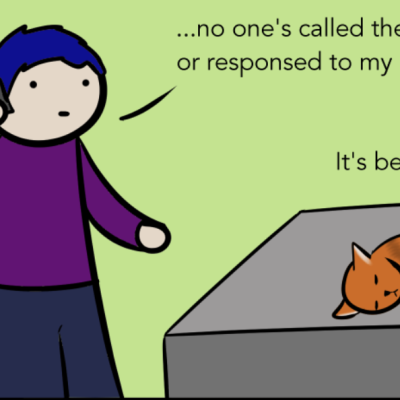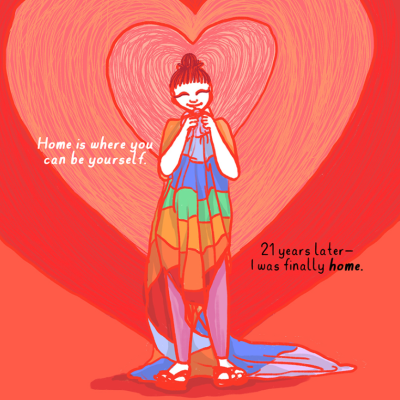Curated Content
In a society ruled by heteronormative patriarchal structures, expressing one’s gender or sexuality outside the trimmings of what is socially acceptable is an act of resistance.
The film begins with the mother’s dilemma around her daughter’s refusal to be ‘normal’ and marry a ‘decent boy’. As the story unfolds, we see the mother invite a ‘suitable boy’ for dinner on the same evening as the daughter’s partner is coming home to meet the family.
While navigating hook-up culture, we may exercise our agency to express our sexuality but at the same time, may face risks to our safety and bodily integrity as well as obstacles engendered by misogyny, rape culture, heteronormativity, and double standards.
Shilpa Phadke reminds us that we have the right to choose to take risks and the responsibility to respect difference so that we can re-imagine public spaces, feel a sense of belongingness in them, and have them belong to everyone.
Trans rights activist Kanmani Ray succinctly lays down the concerns around the Act, points out how its language reinforces the gender binary and highlights the fact that while seeking to protect the rights of trans people, the Act in fact discriminates against them.
The graphic representations of a three-part webinar series organised by Common Health and CREA address these questions and attempt to build an understanding of the decriminalisation of abortion and how it could ensure access to safe, affordable, timely and rights-based services.
Originally published in Everyday Feminism: Here is how Anti- Feminist Trolls would ‘Save’ Free Speech In an increasingly digital world,…
Faraz Ansari’s short film Sisak weaves an unspoken romantic narrative between two strangers who meet on a Mumbai local. The…
Robot Hugs, in their insightful comic, take on closets as inherently oppressive structures built to uphold what is acceptable and…
Stand-up comedian Sumukhi Suresh’s video I Run When my Mom Calls, part of her performance Don’t Tell Amma, is a…
We often look at people and, based on their appearance, assume that they are ‘healthy’ or not. Here is an…
Dr. V. Chandra-Mouli makes a powerful case for sexuality education for young people and why it is important for their physical,…
Going on a first date with someone one has never met can be a fraught experience, especially if it is…
On our search for a companion, we often find ourselves putting our best foot forward. What happens when the tables…
For a lot of queer people, ‘home’ can hold complicated meanings. The space of one’s home can be fraught with bigotry and alienation, and be far from safe or comforting. And so, there is a quest to find alternate ‘homes’, to find a space where we feel truly accepted, safe and protected.

